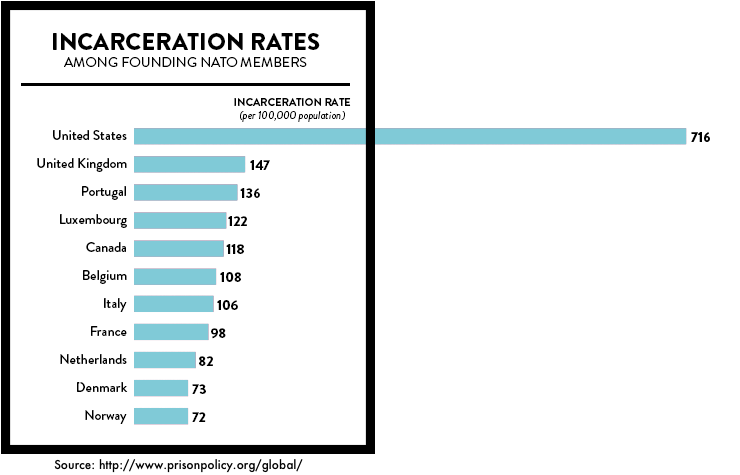Let's start with the video, since I just made myself sit though a half hour of Bill Gates talking, and nothing makes me feel like my life is slipping away more than listening to someone talk on the internet.
First off, billg is annoyed, and we can all be happy about that. Personal annoyance is one of the few checks the public has on the behavior of billionaire philanthropists. How long can anyone sit around thinking about how he just spent $200 million dollars to make half the country think that he is the greedy, meddling asshole that is personally responsible for making their children hate 2nd grade?
Gates wants to talk about "substance," not "politics," which is difficult given that he has chosen to step into perhaps the most deeply political facet of education -- what children should be taught and learn, and why. But I do wish Layton could then pivot and ask even some simple questions about the "substance" of the standards.
Gates repeatedly praises Massachusetts' standards. Why not ask why they are not the basis of the Common Core standards. He talks about R&D; and listening to teachers -- why did they not build the process around the experiences of master teachers in Massachusetts to refine what were already the consensus "best" standards in the country? And you know what, that's not even a fake gotcha question -- I really want to know!
Ultimately, Gates' view seems to still lean heavily on the premise that nothing serious was done in education before he showed up. As if before the Common Core, we just had 50 sets of slapdash, random state standards. No NCEE, no American Diploma Project, no NCTM, no NCTE/IRA, nobody thinking about connections between high school and college. He seems to really believe that the Common Core is "the most serious effort" yet to create well researched standards. Given how quickly the Common Core was slapped together, by such a small, inexperienced, homogenous team (especially the all-important initial design), I just don't see how anyone can believe that.
Switching to Layton's article, that point is only reinforced.
Layton begins:
The pair of education advocates had a big idea, a new approach to transform every public-school classroom in America. By early 2008, many of the nation’s top politicians and education leaders had lined up in support.
But that wasn’t enough. The duo needed money — tens of millions of dollars, at least — and they needed a champion who could overcome the politics that had thwarted every previous attempt to institute national standards.
So they turned to the richest man in the world.
On a summer day in 2008, Gene Wilhoit, director of a national group of state school chiefs, and David Coleman, an emerging evangelist for the standards movement, spent hours in Bill Gates’s sleek headquarters near Seattle, trying to persuade him and his wife, Melinda, to turn their idea into reality.
Coleman and Wilhoit told the Gateses that academic standards varied so wildly between states that high school diplomas had lost all meaning, that as many as 40 percent of college freshmen needed remedial classes and that U.S. students were falling behind their foreign competitors.
Let's backtrack a minute. Coleman you should know by this point, but who is Wilhoit?
In 2008, he was head of the Council of Chief State School Officers (CCSSO). Prior to that, he had been Commissioner of Education in Kentucky from 2000 to 2006. He apparently also had that job in Arkansas at some point. The point is, Wilhoit had ample opportunity to influence the status quo in American standards writing in the years leading up to 2008. As commissioner in Kentucky, he had brought the state into the American Diploma Project as one of the five original partner states. Wilhoit and Gates both knew that all the research had already been done, the standards written, gap analyses run against various state standards, new versions of state standards developed to align more closely to ADP, including by Kentucky, real statewide changes had happened that could be observed in 2008 based on quantitative and qualitative data and feedback.
Then, apparently, in 2008, Wilhoit, Gates, and basically every single person other than Sandra Stotsky, James Milgram and me either forgot, pretended to forget, or never knew that the ADP ever existed and moved on into the Common Core era as if it was a bold new idea. I still just don't get this. Did Coleman somehow personally convince everyone that he could do better than ADP? Did he lay out some kind of flaw? Not compatible enough with computer-based curriculum and assessment?
That's what I'd like to understand someday.










